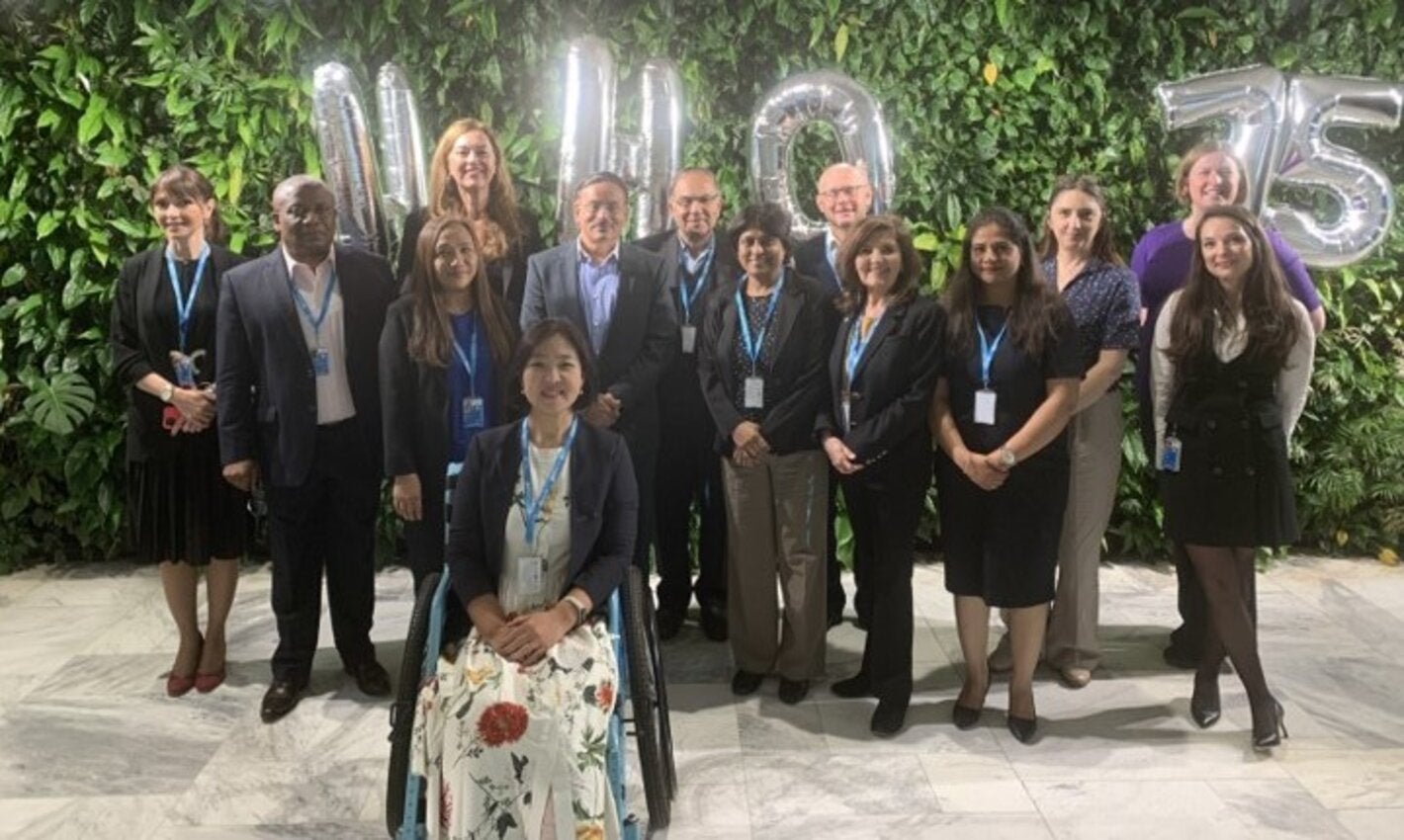
Geneva, Switzerland, 4 May 2023 – The 4th Workshop for World Health Organization (WHO) Collaborating Centre (CC) Regional Focal Points was held on 2-3 May 2023 to bring together the regional and global WHO CC focal points to share best practices and enhance their collaboration. The Workshop brought together focal points from the Region of the Americas (AMRO), Africa (AFRO), Eastern Mediterranean (EMRO), Europe (EURO), Western Pacific (WPRO), and South-East Asia (SEARO).
Dr. Mubashar Sheikh, Department Head of Quality Assurance, Norms, and Standards at WHO, opened the meeting by pointing out that are 815 WHO CCs in over 90 Member States, and that they represent a tremendous asset for the Organization. He also mentioned that this group of focal points is key to the Organization’s work with CCs to maximize their utilization and impact. He also discussed the results of the WHO CC Evaluation carried out in 2019 and the importance of following up on its recommendations.
One topic of conversation centered around the geographic imbalance of CCs each Region seems to experience. To address this, Regions are carrying out different initiatives and ways to identify institutions to engage them in collaborative work and who eventually could be proposed as a CC. There are many untapped resources in our Region as well, and plans are being developed to identify eligible institutions. Mr. Matias Tuler, Global CC Focal Point, emphasized, however, that any effort should always consider quality over quantity.
Overall, it was noted that Regions share similar experiences in terms of developing workplans, resolving technical issues, raising visibility, and training, among others. On the other hand, the Region of the Americas/AMRO differs in several aspects, such as not experiencing lengthy delays in the review of CC proposals nor encountering resistance from governments when sending expiration letters. AMRO also has an established process for CC handovers.
In addition, AMRO was asked to give a separate presentation on the Role of the Focal Point. This was requested because of the high quality of services, innovative processes and tools, and work plans the AMRO Region produces. Regional focal points attended a presentation on FENSA policies and provisions and how these affect the CC approval process, as well as a presentation on the WHO Academy and how the training that CCs help to develop can be disseminated.
Finally, three presentations were given on CC networks from different approaches (WHO Family of International Classifications Network, WHO’s Radiation Emergency Medical Preparedness and Assistance Network, and the WHO AMR Surveillance and Quality Network). The network presentations demonstrated the value of forming networks among CCs, both formal and informal.



